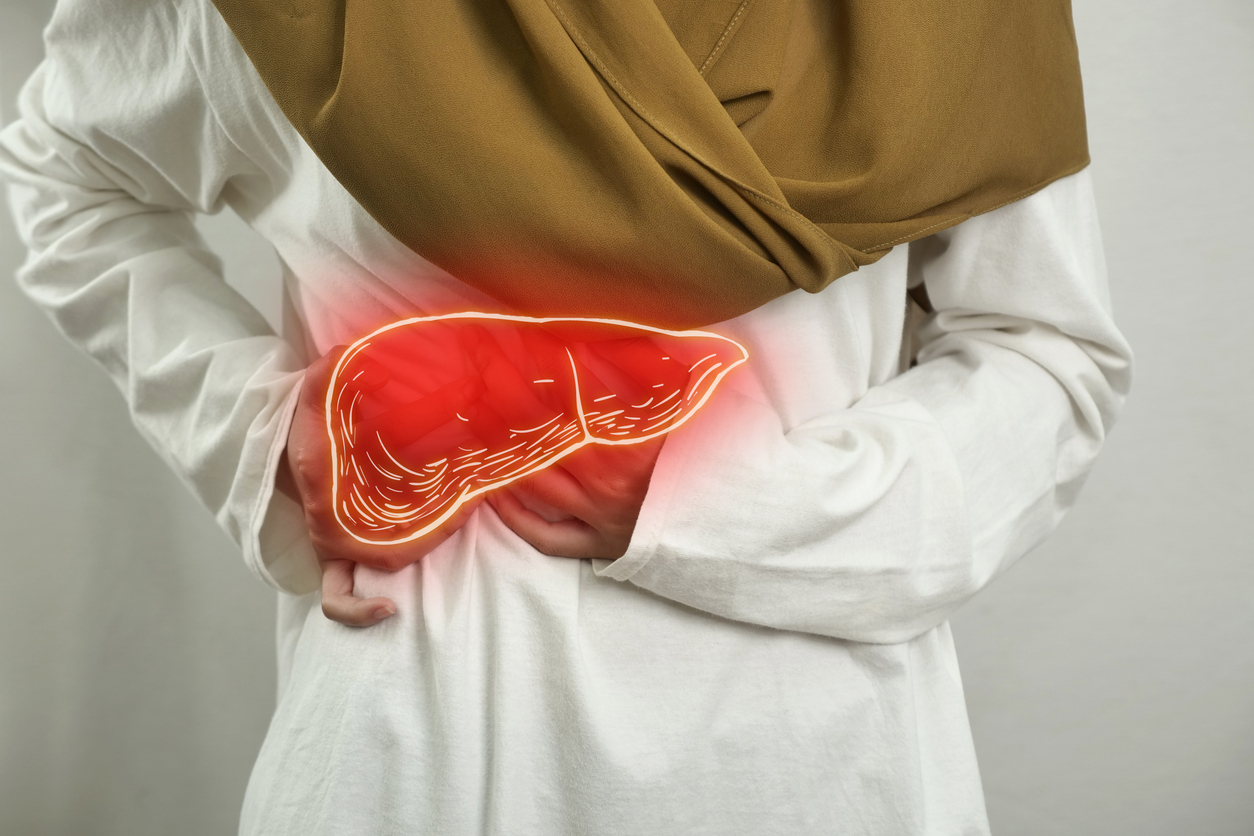2023-07-10
Cardiology and Vascular Medicine
De précédentes études avaient
suggéré un intérêt clinique à ajouter du cilostazol à la bithérapie
antiplaquettaire conventionnelle (aspirine + clopidogrel) chez les patients
atteints d’un infarctus du myocarde avec allongement du segment ST. Pour
déterminer la durée optimale de cette trithérapie, une nouvelle étude
prospective a porté sur 985 patients recrutés dans 15 centres en Corée du Sud
et en Chine. L’étude comportait trois bras, un bras avec la bithérapie
conventionnelle sur 12 mois, un bras avec une trithérapie sur 1 mois et un bras
avec une trithérapie sur 6 mois. Au terme de l’étude, la survenue d’événements
cardiovasculaires indésirables majeurs (mortalité toutes causes confondues,
nouvel infarctus du myocarde, accident vasculaire cérébral, problème de
revascularisation) ne différait pas significativement entre les trois groupes
de patients. En revanche, la trithérapie était associée à une incidence plus
élevée d’accidents hémorragiques et de céphalées.

Last press reviews
Liver, sugar, and pills: who's in control?

By Ana Espino | Published on February 4, 2026 | 3 min read<br>
Endometrial cancer: Is PARP bringing new hope?

By Ana Espino | Published on February 3, 2026 | 3 min read<br>
